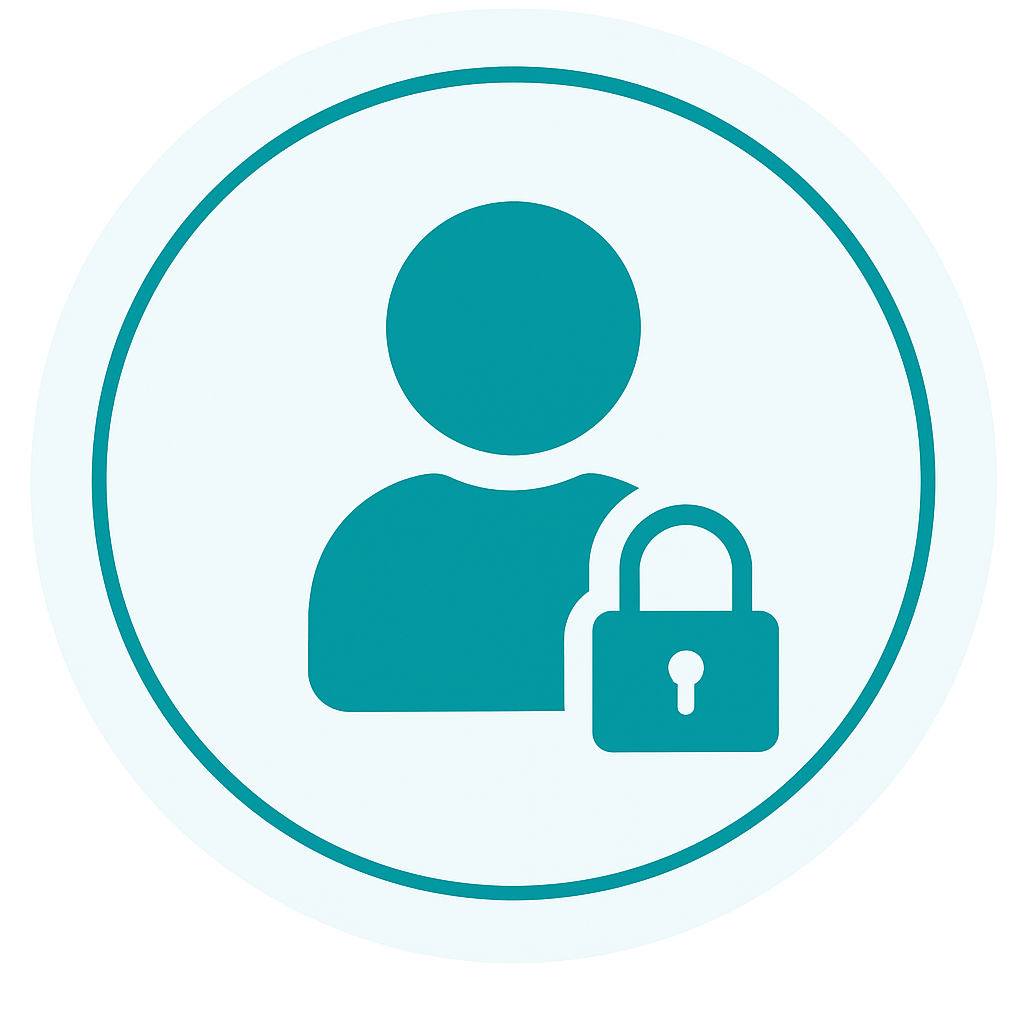EMDR & Trauma Therapy in Alberta
Find Relief from Trauma and Reclaim Your Life with Amy
Living with Memories You Can’t Escape?
Trauma looks different for everyone. For some, it begins in childhood; growing up in a home where love, safety, or stability wasn’t always present. Others carry the weight of abuse or assault, where memories surface in flashbacks, nightmares, or an uneasy relationship with trust and intimacy.
If you’ve worked as a first responder, you may replay the distressing scenes you’ve witnessed long after your shift ends, struggling to relax or be present with loved ones. For many people, trauma is woven into relationships, through betrayal, emotional abuse, or family conflict that leaves deep scars. Trauma can also come from cultural or racial experiences, where discrimination, exclusion, or intergenerational pain creates a constant sense of not fully belonging.
Grief can carry its own form of trauma. The sudden loss of a loved one, role, or way of life that feels impossible to move past. Others are left shaken after accidents, medical emergencies, or chronic health challenges, living with fear and hypervigilance long after the danger has passed.
Whatever form it takes, trauma often leaves people feeling stuck between the past and the present, unable to fully move forward, no matter how much time has passed.
Does it feel like the past won’t let you move forward?
Living with trauma can feel overwhelming. Painful memories, flashbacks, and constant hypervigilance can make even simple daily routines exhausting. Trauma often shows up as:
Nightmares and intrusive thoughts that won’t go away.
Avoiding places, people, or situations that trigger reminders.
Feeling detached from loved ones or emotionally numb.
Anxiety, depression, or irritability that seem constant.
Difficulty focusing, working, or feeling safe in your own body.
These symptoms are your brain’s survival response. But when trauma continues to affect your present life, therapy can help you regain a sense of safety, peace, and control.
Meet Amy!
Amy is a Counselling Therapist (C.T.) and Canadian Certified Counsellor (C.C.C.) with more than 13 years of experience in the mental health field. Over the years, Amy has supported people facing a wide range of challenges, from childhood trauma, sexual assault, to the pressures of frontline work, relationship wounds, cultural trauma, grief, depression, anxiety and PTSD.
Amy is certified in Eye Movement Desensitization and Reprocessing (EMDR) therapy, a proven method for helping clients heal from trauma. Amy combines EMDR with approaches such as Cognitive Behavioural Therapy (CBT), Dialectical Behaviour Therapy (DBT), Solution-Focused Therapy, and Client-Centered Therapy. This allows her to adapt treatment to your unique needs and goals.
Amy has experience working with clients who feel overwhelmed, anxious, or stuck in painful memories. Through therapy, they begin to experience fewer uncomfortable symptoms and more emotional balance. Many describe feeling lighter, calmer, and more hopeful, finally able to enjoy life and relationships again.
Mental Health | Trauma | Therapist
Amy is also fluent in Punjabi and Hindi, which means she can provide therapy in your first language if that feels more comfortable. Amy’s work in the community, including outreach and media initiatives, has always been rooted in a passion for breaking down barriers to mental health care.
No matter what you’ve been through, Amy’s goal is to create a safe, supportive space where you can heal at your own pace and move forward with greater strength and clarity..
Why EMDR Therapy?
EMDR isn’t just about talking through the past, it’s about finally feeling free from it. EMDR (Eye Movement Desensitization and Reprocessing) is a powerful, evidence-based therapy that helps the brain reprocess distressing memories, so they no longer trigger intense emotional reactions.
Many people have described EMDR as the treatment that gave them their life back. Instead of being hijacked by flashbacks, panic, or constant fear, they begin to notice a profound shift:
Triggers lose their power. Memories that once caused overwhelming reactions to become neutral.
Anxiety fades. Clients say they feel calmer, more grounded, and able to handle stress with confidence.
Confidence returns. People often share that they can speak in public, enjoy intimacy, or face situations that used to paralyze them.
Relief feels permanent. The changes stick, because the brain has reprocessed the memory, not just covered it up.
What makes EMDR so exciting is how quickly many people notice results. After just a few sessions, clients often report feeling lighter, clearer, and more in control, sometimes experiencing more progress in weeks than they expected in years.
What Else Can EMDR Help With?
While EMDR is most widely known for its effectiveness in treating trauma and PTSD, it can also support people struggling with other challenges, including:
Anxiety and panic attacks
Phobias (fear of flying, driving, medical procedures)
Depression connected to past experiences
Grief and loss that feels “stuck” or overwhelming
Chronic stress or pain linked to unresolved trauma
Addictions or coping behaviours rooted in past wounds
Performance anxiety in work, school, or public speaking
By addressing how distressing memories and experiences are stored in the brain, EMDR can reduce the emotional charge behind them. This makes it a powerful therapy not only for trauma, but for any issue where past experiences continue to affect your present life.
If you’ve been waiting for something different, something that works at the root of the problem, EMDR may be the breakthrough you’ve been searching for.
Making Therapy Simple and Accessible
Sessions are offered online across Alberta, so therapy is accessible from the comfort of home.
Most extended health insurance plans cover sessions with a Counselling Therapist and Canadian Certified Counsellor.
No referral is needed, you can book directly.
Sessions are extended to 80 minutes and are structured to balance professional guidance with space for every voice to be heard.
A Final Thought
You don’t have to carry the weight of trauma forever. With professional support and the right tools, healing is possible.
Amy’s favorite quote: “You may encounter many defeats, but you must not be defeated. In fact, it may be necessary to encounter the defeats, so you can know who you are, what you can rise from, how you can still come out of it.” - Maya Angelou
Book your EMDR therapy session with Amy today and take the first step toward reclaiming your life.
Getting Started is Simple
-

Step 1: Book Your Appointment
You can book an appointment online by clicking the orange button below or at the bottom most pages. Select your preferred therapist and pick a date and time that works for you. You can also give us a call, and we’ll be happy to book your session for you.
-

Step 2: Create a Private Account
Once your session is booked, you’ll receive an email to set up a secure account on our platform. From there, you can manage your appointments, access important documents, and easily book follow-ups all in one private space.
-

Step 3: Complete Your Intake Forms
You’ll receive an email with intake forms to complete before your first session. These forms help your therapist understand your concerns and goals so they can tailor support to your needs. Forms can be completed through the link in your email or directly in your account once it’s set up.
-

Step 4: Prepare for Your Session
Video: Log into your account, open your appointment, and click the video icon to start. We recommend logging in 10 minutes early to check your audio and video settings.
Telephone: Your counsellor will call you directly at your scheduled time. Just have your phone ready in a quiet space where you feel comfortable.
-

Step 5: Begin Your Journey of Growth
Most sessions last about 80 minutes. Your first session is focused on getting to know you, exploring your concerns, and understanding your goals for therapy. Together, you and your therapist will begin shaping a treatment plan that reflects your needs and priorities.
